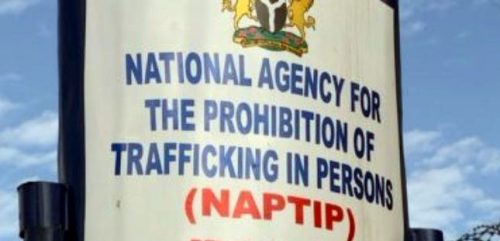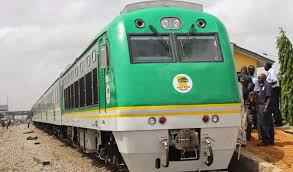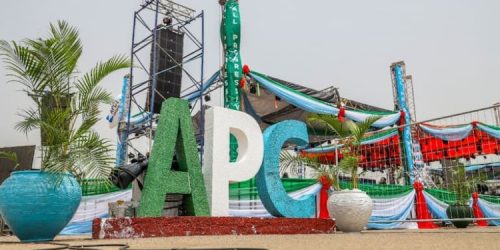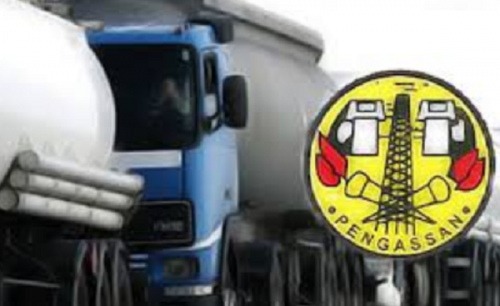More woes for Nigerians as fuel scarcity returns
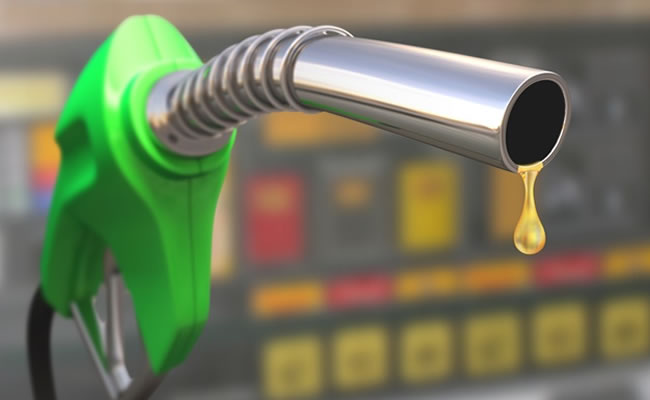
By Doosuur Iwambe
A few weeks after the #EndSARS protests hit various states in Nigeria, the aftermath of the demonstrations has started biting hard on Nigerians who are already spending long hours in queues at gas stations, Daily Times gathered.
A visit at some filling stations in the Federal Capital Territory on Tuesday revealed that most of the filling stations were under lock and key as local vendors popularly refferred to as ‘Black marketers were sighted hawking the commodity in jericans. Speaking with our correspondent, some of the motorists lamented that they spent several hours on the queue just to get a little of the commodity.
Mr. Hassan Adamu, a civil servant said that he spent nine hours on the queue before he was able to get the commodity, saying that “I came to this filling station as early as 6am because I needed to buy and resume for work. After spending over 9hours, I was able to buy”, he said.
On his part, Joseph Audu, a commercial taxi driver said that he was at the filling station as early as 5am. He blamed the situation on the #EndSARS protest saying; that was what Nigerians bargained for.
“This is completely in contrast with what Nigerians bargained for. The protesters would have left the street when the ovation was still loud.
“They refused to leave the streets until the whole thing was hijacked but thugs. Look at what is happening now, are we not the ones paying for it?”, he questioned. Also, a commuter simply identified as Lucy lamented the hike in transportation fare saying, it was unfortunate that commercial drivers were already taking advantage of the situation.
“On a normal day, I spent like N500 to my office but to my greatest surprise, i spent N1000 going to the office today. I wonder why Nigerians like taking advantage of every situation”, she said.
Meanwhile, the National Vice President of The Independent Petroleum Marketers Association of Nigeria (IPMAN), Alhaji Abubakar Maigandi, has said the scarcity of petroleum products that hit some States may last for up to two weeks. Maigandi who blamed the scarcity on the #EndSARS protests across the country said that protest have degenerated to an imposition of a curfew, which has brought the haulage of products to a halt.
According to him, Lagos, which is the epicentre of the crisis, also harbours most of petrol depots. Maigandi said besides the curfew in Lagos, the marketers are afraid their truck might run into a cross fire and probably being set ablaze. He explained since the stoppage of haulage of products has lasted for over a week, it might take some weeks to return to normalcy.
The National Vice President, however, said there is availability of stock. He urged consumers to desist from panic buying.
“You shouldn’t ask why petrol is scarce. Last week, I told you that some depots were not loading products. I told you that because of the protests our loaded trucks were parked in some yards for fear of being set on fire.
“It may take up to two weeks to normalise the situation. One good thing is that the products are available. So, customers should not involve themselves in panic buying”, he said.
In the meantime, the Nigerian National Petroleum Corporation, NNPC, has said that it should not be blamed for the sudden resurgence of fuel scarcity. Instead, the cooperation blamed the reappearance of queues in petrol stations across the country on the protest against police brutality, especially the Special Anti-Robbery Squad, SARS, of the Nigeria Police. Reacting to the queues, Group General Manager, Group Public Affairs Division of the NNPC, Dr Kennie Obateru, cautioned motorists against panic buying, stating that the corporation currently have over two billion litres of Premium Motor Spirit, PMS, also known as petrol, in stock.
He explained that the current fuel stock is enough to last the country 60 days, adding that fuel supply is expected to normalise within the next couple of days. He said: “The disruptions/ curtailment of the free flow of vehicular movement occasioned by the end SARS protests and the attendant curfews/ restrictions and vandalism, particularly in Lagos, must have affected petroleum products supply.
READ ALSO: Editorial: John Pepper Clark-Bekederemo (1935-2020)





